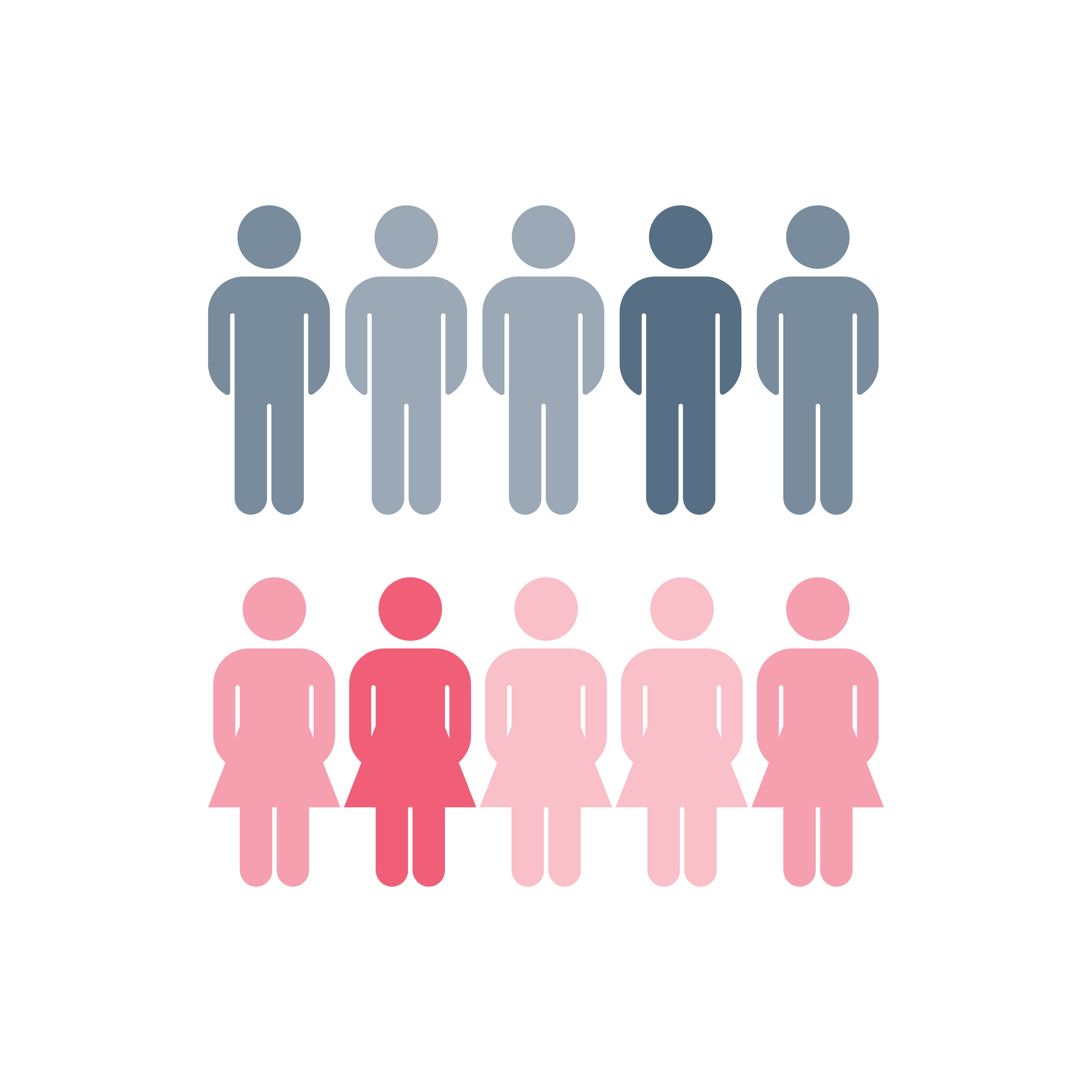What is Sociological Imagination
The Sociological Imagination
According to C. Wright Mills’ book “The Sociological Imagination”, the personal problems an individual faces may not only be caused by their failure to be a good citizen, these problems might be rooted to an encompassing issue that is also currently faced by the whole society.
Everyone in society experiences problems in life; it can be unemployment, health problems, lack of education, vices and so on. It is easy to say that these problems are only personal issues of a particular person, and he should be blamed for his current and future problems because it may have been caused by his inaction towards those issues.

“P5-what they need..is a quality of mind that will help them to use information and to develop reason in order to achieve lucid summations of what is going on in the world and of what may be happening within themselves. It this this quality..what may be called the sociological imagination. ”
C.Wright Mills, The Sociological Imagination
Personal Issues and Social Issues
What is the difference between a personal issue and a social issue?
Personal issues are problems that affect an individual and may also be experienced by other members of society in isolated cases. It is often blamed on the shortcomings and mistakes made by the affected individuals. Some examples of this are irresponsible use of money, poor academic performance, unemployment, and addiction problems.

Social issues are problems that affect a large fraction of society. These social issues often stem from the culture, social system and structure that has long been established in a community. Observing social problems helps to shed light on the problems an individual might be experiencing.
Mills believes that many of the problems we often consider to be personal issues are easier to understand if they are treated as social issues.
The ability to assess the intersections and connections of a person’s personal issues and social issues is called sociological imagination.
Some Examples of Sociological Imagination
To illustrate the use of sociological imagination, let us use unemployment as an example. According to Mills, if only a few people are unemployed in a community, we can explain their unemployment by saying that they are lazy, lack work skills, are dependent on relatives and so on. If this were to be the case, it would be considered a personal issue.
But if millions of people are unemployed in a society, it can be considered a social issue. This can be caused by poor economic structure, lack of opportunities, low quality of education and so on.
In this case, we need to create a solution that we consider the economic and political institutions of society rather than we emphasize the personal conditions of everyone in the community.
It may be true that an individual can lose their jobs due to their lack of appreciation for their work, but it will not be enough to explain the rising unemployment a country might be experiencing. We need to know the root cause of these problems and we must treat it as a social issue to give it an appropriate solution.
Conclusion
Sociological imagination helps in facilitating the finding of solutions to these issues because of the new perspectives you are looking at on a problem.
The solution to a personal issue is in the hands of the individual. This issue can be considered a private matter that should be resolved in a private way.
Meanwhile the social issue is a public matter. It is usually related to a crisis or problem in social institutions. These are problems that affect not only one person but society as a whole.
It is important for us to know that despite the difference between personal issues and social issues these two are interrelated.
References
- Crossman, Ashley, “Definition of the Sociological Imagination and Overview of the Book”, Thoughco.com, 2019, https://www.thoughtco.com/sociological-imagination-3026756#
- “What Are Contemporary Issues?”, Reference.com, https://www.reference.com/world-view/contemporary-issues-b4aa8e48930f1bcf
- “Sociological Perspectives on Social Problems”, section 1.2 from the book A Primer on Social Problems (v. 1.0), https://2012books.lardbucket.org/books/a-primer-on-social-problems/s04-02- sociological-perspectives-on-s.html








